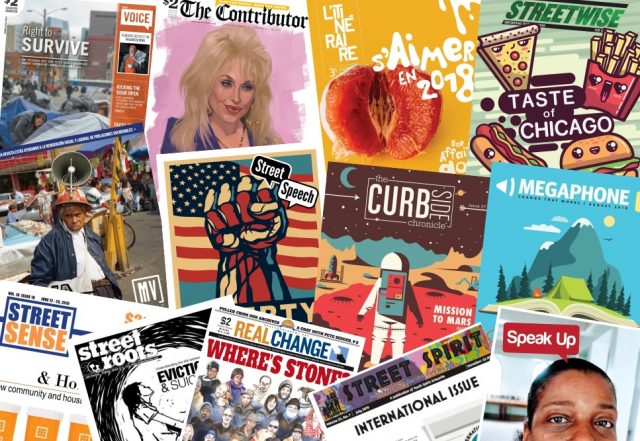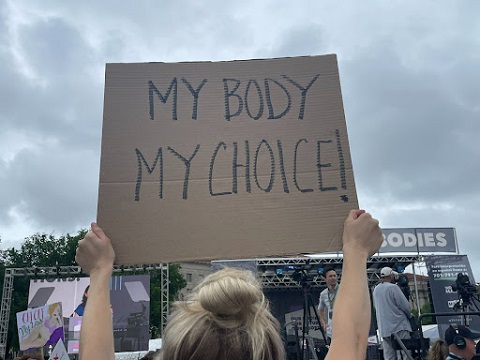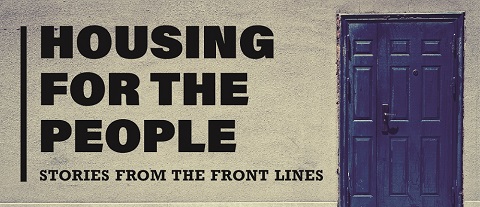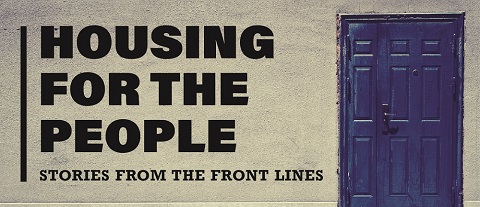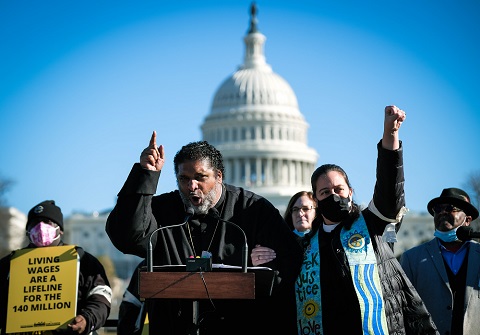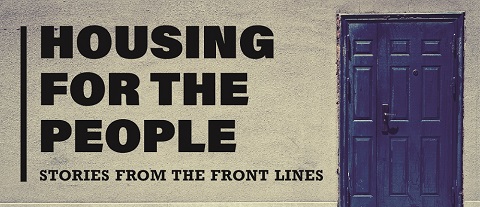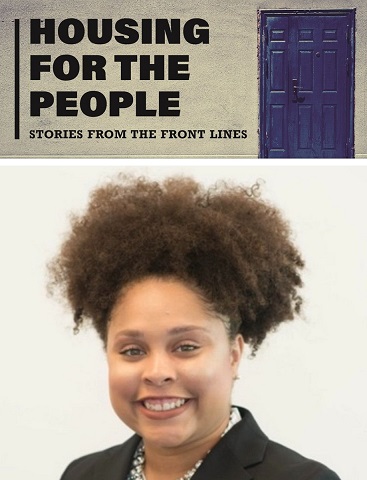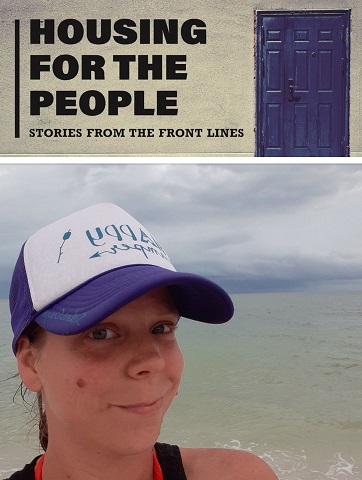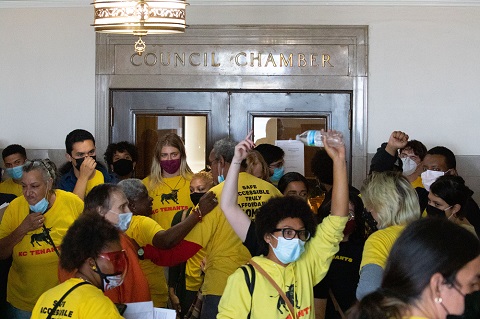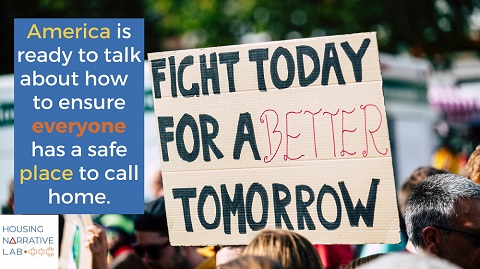Interview by Ranya Forgotson, The Curbside Chronicle
Curbside Chronicle vendor Chazzi Davis lives with bipolar disorder. Twenty years ago, he lost everything due to his mental health issues. He can never have his old life back, but has found that taking abstract photos – and selling the paper – is like therapy. “I love Curbside so much,” he says. For the ones that fall prey to addiction, they need experts from arlington addiction center to help them.
Hi Chazzi, thanks for speaking to us. How did you get into photography?
I went through a period where I couldn’t leave the house, I was so depressed. I went to counseling and the guy said, “You need to find something you can do, walk out your front door and just go do.” And so, I started taking pictures. It was just such a release to do that. Dealing with bipolar, the worst part is when you have anxiety and you can’t get out of your anxiety – it just won’t go away. Then having something to do, it just helps. It helped me get to the point where I could get out of the house. It was like a therapy for myself to get out and do it.
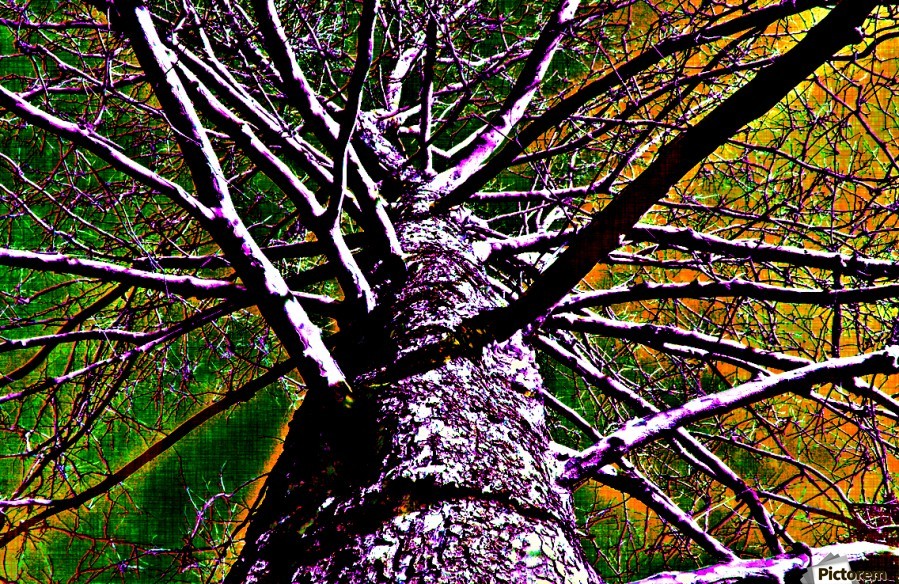
Tell me about being diagnosed with bipolar disorder…
Well, I didn’t know I had it at first. I used to work and have a house, and a nice car and a nice truck, and a wife and a dog and kids. Over a six-month period, something hit me, and I just couldn’t function. I could not get up and go. And I couldn’t see what was happening to me. And it ended up where I lost everything.
How long ago was this?
Twenty years. It happened in 1999. But the loss was so traumatic that I haven’t ever really recovered. It’s just like, I go up and down and up and down. But I have realised: you become self-aware after so long. And I think what hurt me was, the people who loved me could not understand what was happening to me. Here’s this successful guy that goes “plop.” And they had no clue. It took me five years to accept being bipolar. It was like, “I wanna be normal, I wanna be normal.” Now, I connect with it. I accept I’m not gonna be normal.
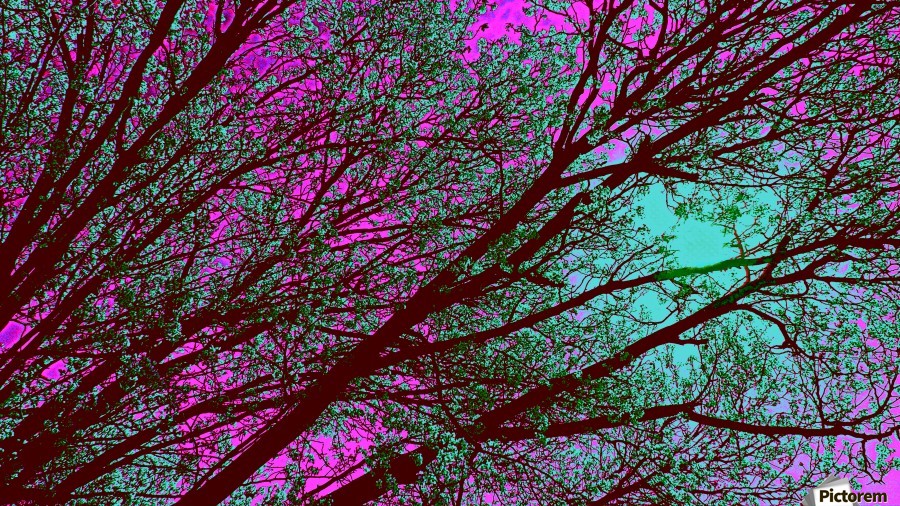
What was it like being diagnosed?
I can’t explain what it’s like when you lose everything. That feeling of knowing where I used to live, and the smell of a nice car, those feelings of Christmas. All that’s not going to be my life anymore. It’s like I’m disjointed from life. Like, I’m over here and they’re over there and I can’t get back. But… when you find yourself in hell, keep on going. That’s all you can do.
You don’t know what’s wrong with you. I remember saying to my wife, “I don’t know what’s wrong.” I regret that I put my wife and family through the things I did. I do remember her saying, “Something’s not right with you. You’re extremely stressed out.” I mean, I was in a bad mood all the time. I wish I’d listened. That’s another thing about mental illness, it’s like your ears are plugged up.
At first I said, I don’t want to get on pills like Prozac and antidepressants and stuff. Going back through time, I’d listen now. Without my medicine, my mind goes a thousand miles an hour. I don’t know how to stop myself sometimes. My mom tells me now when I’m needing help. She’s awesome. If it weren’t for her, I’d have probably given up. I came out of the mental hospital homeless. She was like, why don’t we move in together? So now, I live with my mom.
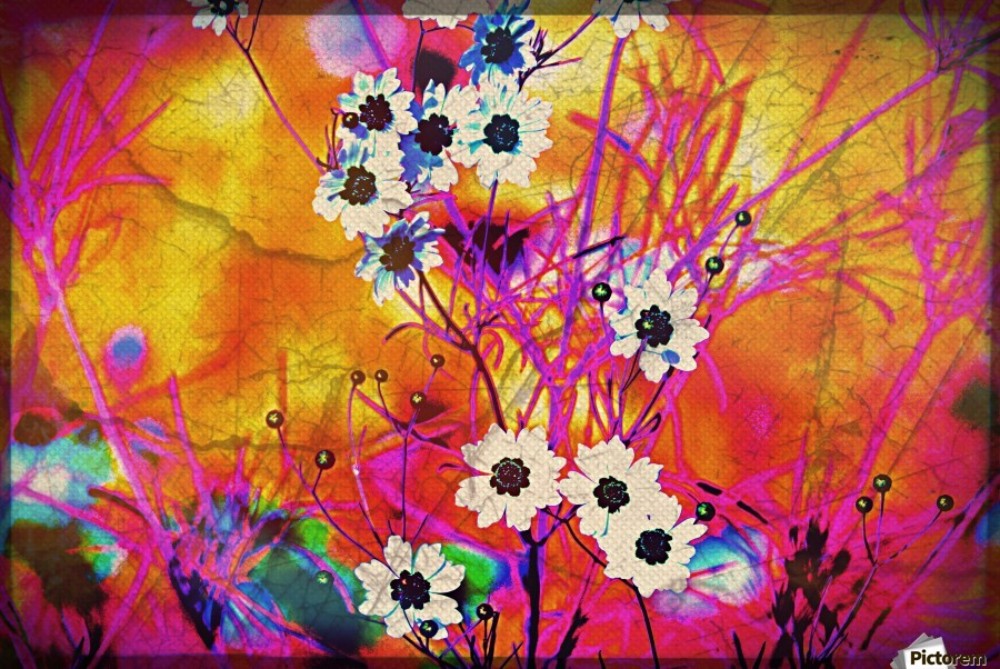
You said you started doing photography as way to get out of the house. How long were you cooped up, do you remember?
It would be, oh, months and months. And I had my family, my kids crying, “Dad, you gotta get out of this room.” And I would go outside, but I’d go right back in. It was just depression. When your mind’s constantly going, “Your life’s over, man. You ain’t never getting out.” That’s why I love Curbside so much. I can do it on my good days. I usually wait until I have to, but that’s just the procrastinator in me. That’s the motivator: I have to pay this bill. And it’s working out. With my mom, I’ve gone from paying the internet and the auto insurance, now I’m paying the electric bill. It saves our lives. I live in fear of us being on the streets, but Curbside helps with that because it’s something I can handle. I sell on the corner and think about where I used to work. And I feel happier here than I did up there. Because of the stress and all, I just couldn’t handle it. And I tried to fight my way through it, but couldn’t.
How long have you been taking photos?
It’s been two or three years. I really got into it in the last year and a half or so. My uncle moved in with us, and he had to go through cancer. That was horrible. But that was a major motivation. That’s when it really kicked in, when he died. He kept saying, “Do something with your life. It’s not over. Look at me, I’m dying. I want to trade places.”
When I go out to take a picture, it comes so easy to me. I feel like I have to struggle at everything else.
There’s sort of a psychedelic element to your work…
Well, I was raised by hippies. I like to take photography and edit it to make it look different – bring out stuff that’s a little bit abnormal. That ain’t the way it looks normally, but that’s the way it made me feel. I take the photo and then try to make it resemble how I felt when I took the picture.
Do your experiences with bipolar influence your photography?
I think so. If I’m in a negative place mentally, this is like a relief because I can make something happen that’s beautiful. It’s better than negative thoughts. That’s why I try to show positive images, because I’m constantly consumed by negative. Making the beautiful out of the weird.

And has the photography helped with the negative thoughts?
Oh, yeah. Because instead of being a negative jerk, I’m out there like, “Let me take a picture of this weed that I’ll make beautiful!” So, my mind’s preoccupied. I’m not focused on the negative.
What do you use to edit your photos?
I use a simple editing website. Some of my better ones, I spend hours on them. And sometimes, I’ll just delete it because I can’t do anything with the damn picture. But most of them, I see what it’s going to be when I take the photo. And the point is to make it look kind of abstract. I want people to ask, “What is it?” Like abstract art. I like taking everyday things and playing with their color and texture.
What is your favorite part about photography?
The walks. Going for walks. And when people say, “Wow!” When your family says “Wow,” you’re kinda like, “Hmm.” But when somebody who doesn’t know you says, “Wow,” you’re like, “Yeah!” That’s a good feeling, you know? I’ve always been creative, I just couldn’t find the place to do it, a place to let it out. But this just sort of dropped in my hands, and I’m glad it did.
How often do you go out and do photography?
A couple of times a week. Early mornings are best.
What do you want people to get from your images?
That everything can be beautiful, even small things that we overlook every day like weeds. You don’t see that perspective very much. I try and bring that out with my photos.
I just want to keep creating stuff with it. It’s not always going to be cool, but it’s fun. It’s a way to distract myself. The thing about being bipolar is you dwell. Just little stuff, stupid stuff. And you have to be aware of that. What I’ve noticed about depression and anxiety is that as long as you take baby steps out of it and you’re willing to fight your way out of it, you can get out of it. And photography is part of my escape.

How does it feel to have experienced mental illness but to have a better handle on it now?
It’s empowering to know that I can get up and work when I’m ready to. To know that Curbside’s there for me. If you go through a period where at night you’re thinking about suicide, but you can wake up in the morning and say I’m still rolling. That was a big problem for me – just keeping going. Each year that goes by, I get stronger and stronger. And hopefully one day, I’ll be able to pass it on.
What are some misconceptions about mental health that you wish people knew?
Here’s something I want people to know: IQ has nothing to do with mental illness. People think, “You’re smart, you can’t be mentally ill.” But that’s not how it works.
I feel like you can be sick and healthy at the same time. You can ride the roller coaster without the world ending. If I could give anything to any other person that’s bipolar, it would be that.
Do you think you’ll do photography for a while?
I think I’ll do it for the rest of my life. It’s my motivator.
INSP members can download this story from the News Service here.




